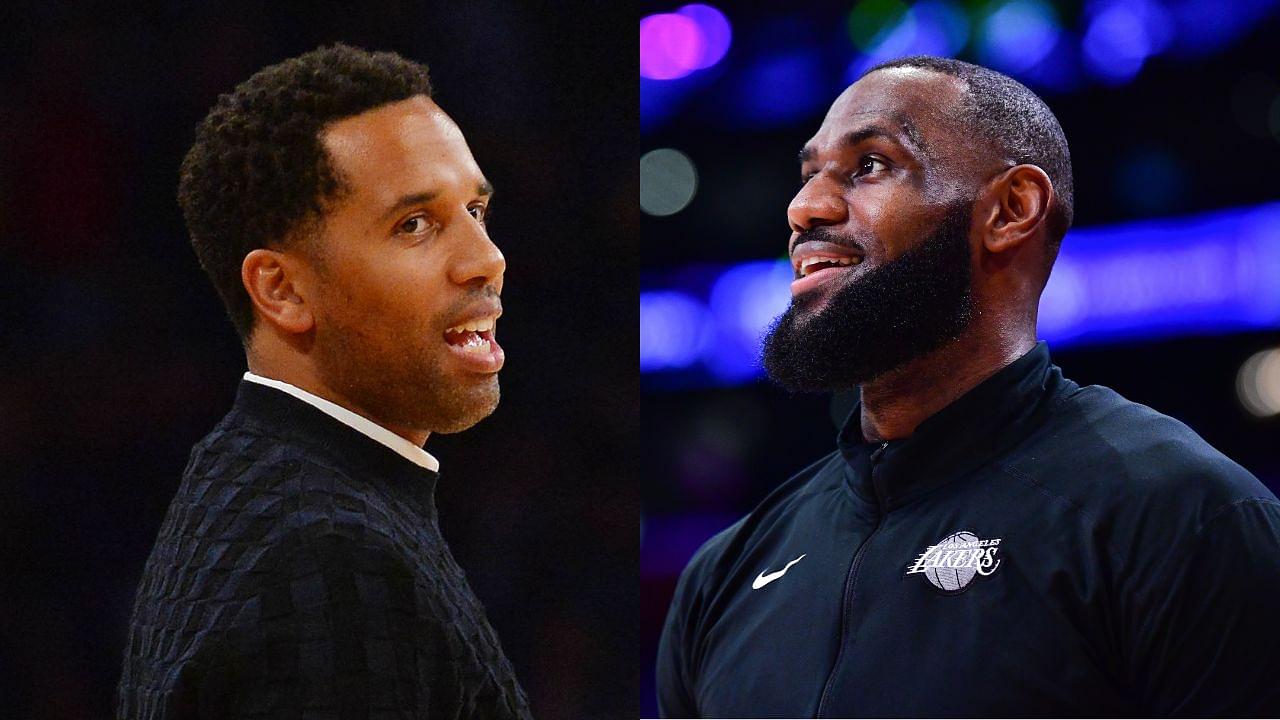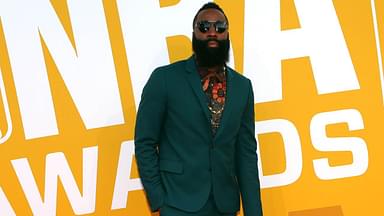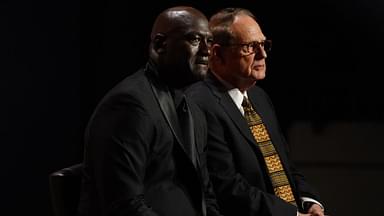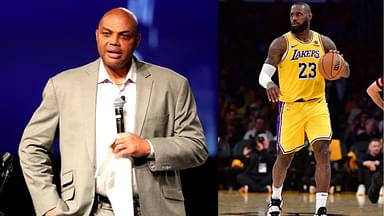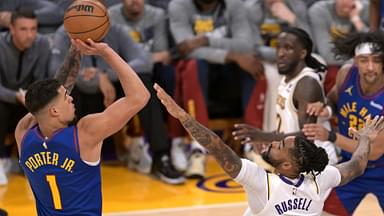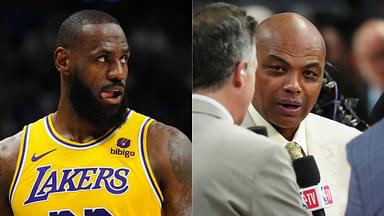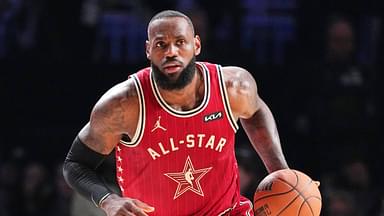At its genesis, LRMR was more than a sports agency—it was a bold vision. Conceived by LeBron James and his close confidante Maverick Carter, the agency aimed to redefine the athlete-agent dynamic. The intention was clear: to establish a holistic partnership that stretched beyond the confines of traditional contracts. But this audacious approach was not without its share of obstacles. Back in the early days of LRMR, they faced some tough hurdles that really put their mettle to the test. A key moment came when they tried to bring in two big talents: Derrick Rose and John Wall. But things didn’t quite work out as planned – both Rose and Wall chose to team up with different agents instead. Wall’s decision to sign a $25,000,000 contract with Reebok over giants Nike seemed to play a part in his decision to not sign with LRMR. Rose on the other hand chose to sign with the legendary Bill Duffy and the decision did pay off in hindsight considering he signed a 14-year $185 million contract with Adidas in 2012.
Advertisement
In the dynamic world of sports business, tales of perseverance often weave an intricate narrative that is powerful and resonates with the masses. The story of Maverick Carter & LRMR, LeBron James‘ sports marketing agency, is one such compelling journey—a journey from early disappointments to a triumphant position at the very top of the business. their goal? To revolutionize the athlete-agent dynamic, empowering players beyond the hardwood.
How LeBron James and Maverick Carter Missed Out on Derrick Rose and John Wall
When Derrick Rose decided to team up with BDA Sports Management, it wasn’t just a random choice. BDA, led by Bill Duffy, already had a solid rep in the game. They had stars like Steve Nash and Yao Ming on their roster, showing their skills in getting players some killer endorsement deals. Rose’s move was all about thinking long-term, looking to build his brand both on and off the court. BDA’s knack for getting players global exposure matched up with Rose’s vision.
John Wall went a different route, signing up with Dan Fegan. This wasn’t just about agents – it was about securing his bag. Fegan had a rep for landing big-time contracts, like for Dwight Howard and DeMarcus Cousins. Wall saw his opportunity to lock in a serious financial future, and Fegan’s track record was like a guarantee. But it wasn’t just about contracts – Fegan’s connections could help Wall off the court too. The decision seemed to have paid off since Wall signed a $25 Million contract with Reebok who outbid favourites Nike.
“Just like with Rose, Wall became the number one overall pick in the draft. And like with Rose, LeBron and his friends and business partners missed out on the deals completely. Wall passed on LeBron and LRMR and instead hired agent Dan Fegan. He also passed on Nike, signing a five- year, $25,000,000 deal with Reebok. Years later, Carter told me one of his biggest mistakes was chasing other athletes to manage, like Wall. Not because he wasn’t able to land any major basketball stars-Carter did briefly manage NFL quarterback Johnny Manziel and helped him get a seven-figure Nike deal before Manziel’s career fell apart because of excessive partying-but because it was a waste of time.”
The choices made by Rose and Wall give us a peek into why a deal with LRMR might have not seemed that appealing to upcoming stars despite LeBron’s influence. They weren’t just jumping ship from LRMR – they were looking at what would really move the needle for them. Rose went with BDA to grow his brand far and wide, while Wall locked in with Fegan for a rock-solid financial base. These choices shine a light on the nitty-gritty of these relationships.
Amidst the disappointments, Maverick Carter embarked on a path of introspection. The setbacks compelled him to reevaluate LRMR’s approach. He pondered whether the pursuit of athlete management was the agency’s true calling. This moment of uncertainty prompted Carter to reassess his mission and redefine the trajectory of LRMR.
The paradigm shift: Carter’s revelation
The legacy of LRMR is a testament to Maverick Carter’s evolution, from selling pot to forging a partnership with LeBron James—a partnership that has both revolutionized athlete marketing and content creation hence it’s not much of a surprise that he was able to bounce back from this defeat and find his true purpose in life. Carter carried a lot of the negotiation skills and networking ability he learned from the streets into the boardroom making him an invaluable cog in LeBron’s massive financial empire.
Within the heart of adversity, a revelation awaited. Maverick Carter realized that LRMR’s essence transcended the boundaries of conventional sports representation. It was about fostering connections, leveraging LeBron James’ global influence, and contributing to a greater cause. Carter recognized that LRMR’s potential extended beyond individual players—it encompassed a legacy fueled by purpose and significance.
His realization marked a profound turning point for LRMR. The agency pivoted from the traditional athlete-agent model to forging meaningful partnerships. Collaborations with established brands, forays into media and entertainment, and community-driven initiatives emerged as the cornerstones of LRMR’s reinvention. The rejections faced with Rose and Wall turned into catalysts for the agency’s metamorphosis.
Maverick Carter’s journey reflects the spirit of the sports world—a universe where setbacks are not barriers, but springboards. Today he’s also the CEO and co-founder of another one LeBron’s larger ventures, SpringHill Company, proving yet again that resilience and vision can truly take you a long way.
